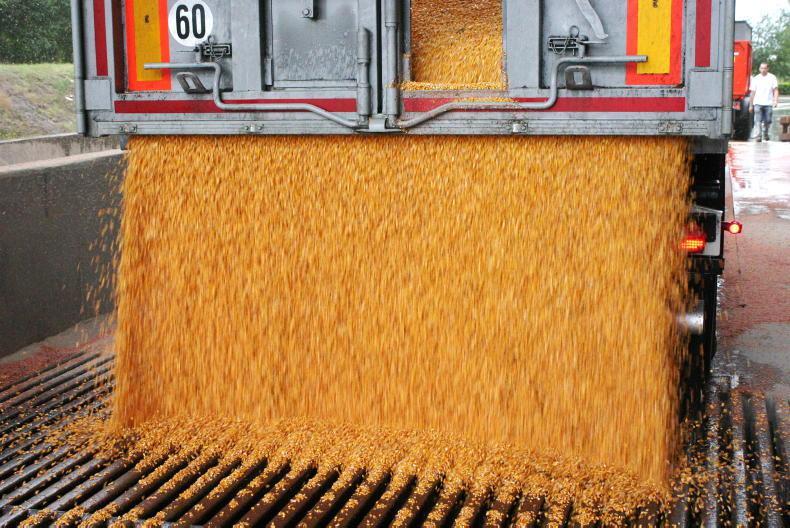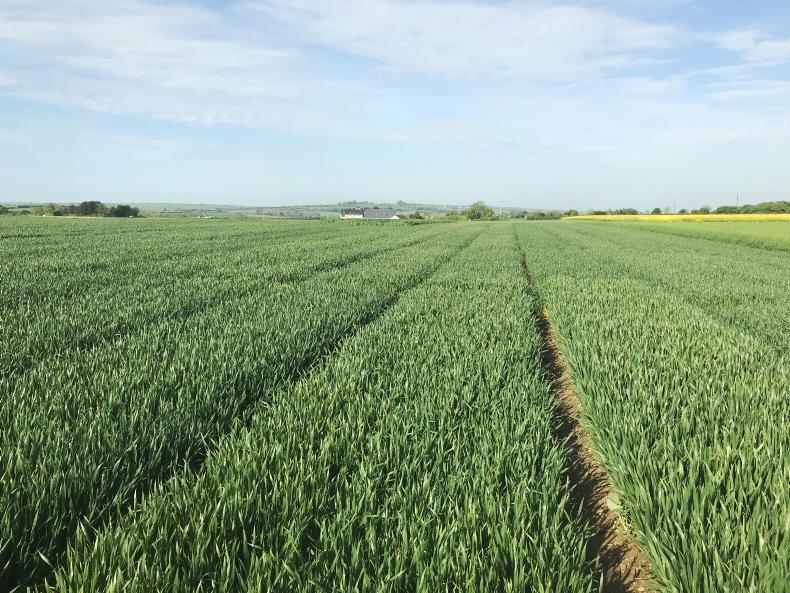I had never seen the leaders of Europe mention fertilisers in the official summary of their heads of government meeting until the most recent one in Brussels.
After the meeting the normal summary was released, with Ukraine understandably being by far the main topic.
In the summary document was a special section on food security, which dealt with the hold-up in grain supplies from Ukraine and the dependence of many Middle Eastern and African countries on supplies from the Black Sea area.
Not only this, but also for the first time there was a mention of the “ongoing fertiliser shortage” and a call for there to be more “concentrated efforts to promote the more efficient use of and alternatives to fertiliser.”
The call for more efficient use and alternatives makes very little sense, but the pinpointing of the shortage is absolutely accurate and is at least on the heads of government radar, which is where it should stay or Europe itself will face a real problem with food supply.
Energy rationing
The latest reduction in the supply of natural gas from Russia to several key European markets has already resulted in the president of the European Commission talking about energy rationing.
But few in authority seem to have really grasped just how vulnerable European food production is to a shortage of natural gas with which to make nitrogen fertiliser.
We have seen prices for the crops coming near harvest produced with nitrogen that were three to four times the price of last year.
Several fertiliser plants have suspended nitrogenous manufacturing and if there is less gas available, we can expect more to do so unless there is a realisation by governments that rationing implies prioritising.
It is hard to imagine in a crunch what should be more prioritised than food production. And for the quantities of food needed in today’s world, fertiliser is needed.
Yields
While many soils can run down their levels of phosphate and potash over a few years, it doesn’t take long for yields to be affected.
A shortage of nitrogen however, whether caused by scarcity or unaffordability, will have an immediate effect on yield and supply.
Farmers need assurances that as grain prices see-saw with every new rumour around the opening of Black Sea ports, that they will not be left exposed to escalating input prices and uncertain product prices.
We are in uncharted territory to put it at its mildest. It is time for informed policy development in order to safeguard both European food supplies and farmers’ livelihoods.










SHARING OPTIONS